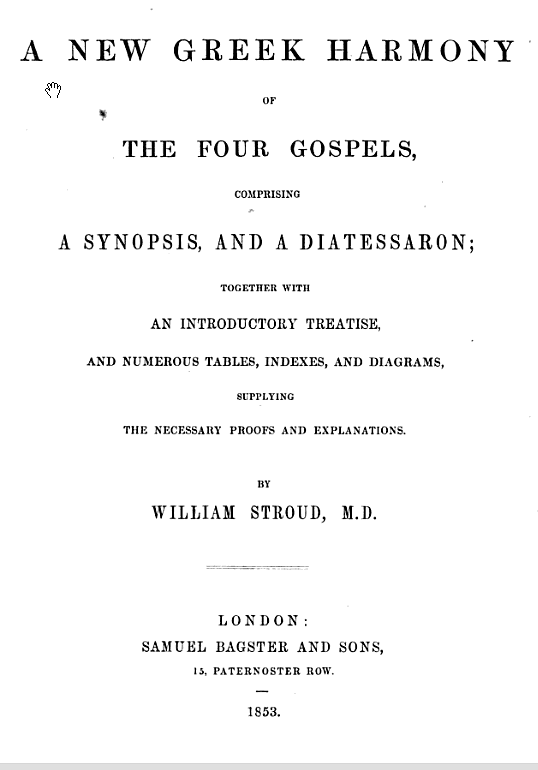Does imprecate admit of a direct or indirect object or both? What prepositions must be used? Examples of prepositions don't exhaust, and the Google Books contains against, not mentioned on OED.
This is a rare verb, yet there are instances of both uses:
Direct object:
Indirect object:
Source: P184, How the Law Works, Gary Slapper

